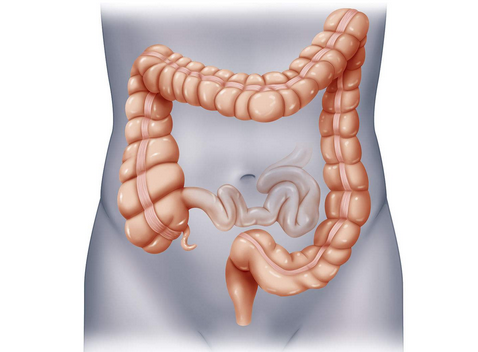This is a case of stage IV non-small cell lung cancer in a 50-year-old female with lymph node metastasis and cough.
The patient was diagnosed as left lower lung adenocarcinoma by PET-CT, and CEA and other tumor markers were normal. Surgical resection was performed at Guangdong Provincial People's Hospital. Pathological examination: moderately differentiated adenocarcinoma of the left lower lung. Received systematic chemotherapy in the hospital after the operation. After more than 3 years of re-examination of PET-CT, the mediastinal lymph nodes, right upper clavicle, and axillary lymph nodes were diagnosed with swollen lymph nodes. After needle biopsy, they were diagnosed with lung cancer recurrence lymph node metastasis. After six months of oral Iressa treatment, serum CEA continued to rise.
After the patient was treated with CEA/CK19 dual-target ACTL in mid-2012, PET-CT scan showed tumor lymph node metastasis decreased or disappeared, CEA level gradually decreased, and maintained normal level during ACTL treatment, and oral Iressa treatment has been effective.
The following is the change of the patient's tumor marker CEA before and after ACTL treatment.
Summary: The target of ACTL treatment is CEA and CK19. After 6 treatments, tumor markers more than doubled and the lesions disappeared significantly. After 28 months of treatment, the re-examination of tumor markers was normal, and the imaging data showed: no abnormalities were found, and no new lesions appeared. At present, the patient is all normal, working normally, and still adheres to treatment (ACTL treatment + Iressa), and Iressa is still effective.









